Excited about starting a laboratory in your institution and starting experiments right away? Hold your horses! You need something to place your experiments on first ‒ simple tables and desks won’t cut. Read our lab furniture buying guide to find out how to set up the basics of your laboratory.
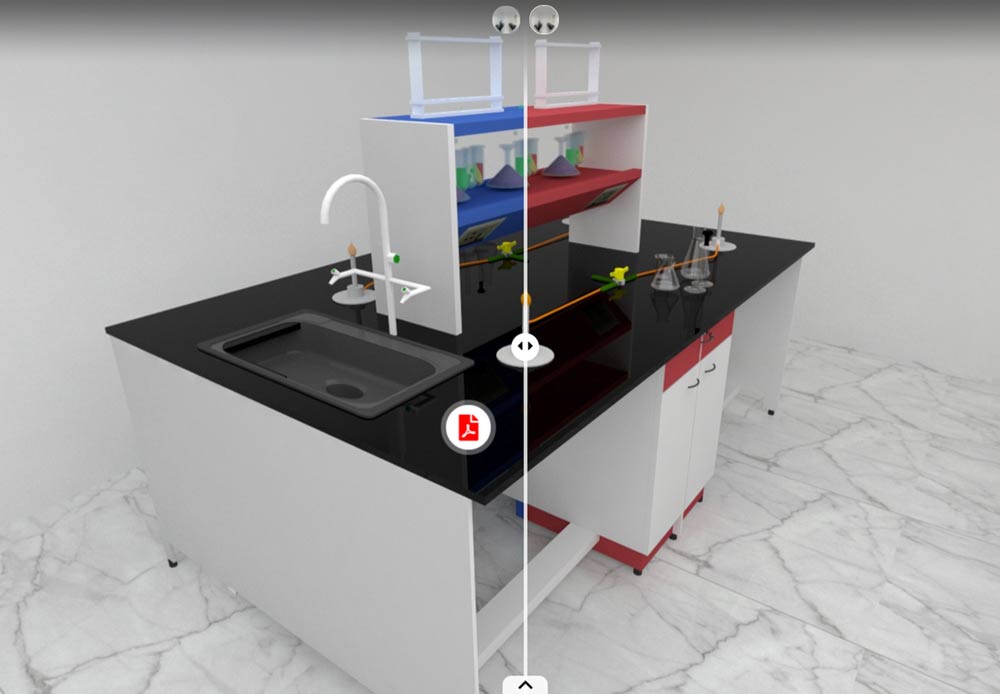
Laboratory furniture are what form the backbone of your lab, be it a high-tech research institute or a simple school lab. All the experiments and procedures you do in your lab will need a solid, reliable base to sit on top of. And that is why buying proper lab furniture with care is very important.
Types of Lab Furniture
Generally, most school and college laboratories will need the following 4 types of furniture:
- Workbenches
- Storage
- Seating Arrangement
- Accessories
There will be a number of all of those (mostly workbenches) placed strategically around your laboratory space. Let us cover how you would need to figure it out.
Making the Big Decisions
1. Type of Lab
Let’s not forget the first thing ‒ the type of laboratory you need in that given space. The purpose of the laboratory will determine its lab furniture setup, and they may vary radically. There are 3 generalized categories of laboratory furniture setups depending upon the subject:
- Physics
- Chemistry
- Biology
There are, of course, other lab types like robotics, math, and geography labs. We will cover them later. Once we are fixated on the type of laboratory setups we need, we can proceed forward to the next point.
2. Wet and Dry
This will pretty much go along with the type of laboratory, but for your own reasons you may want to incorporate both into the same given space.
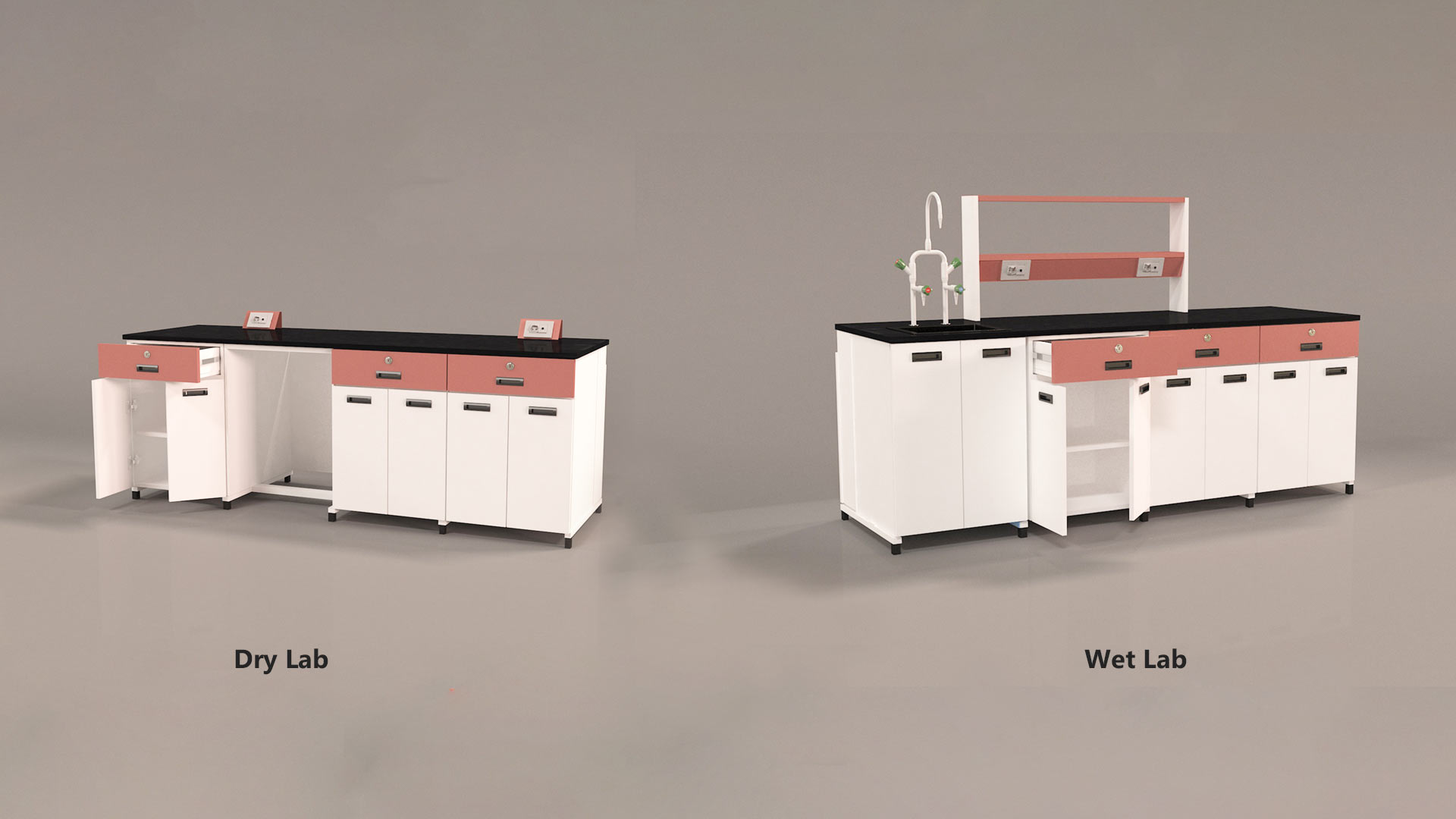
A wet lab requires working with liquids and equipment that require washing. Generally, this would be required in case of chemistry and biology labs. This requires specialized wet lab furniture that provides easy access to tap water wash areas.
A dry lab does not require working with liquids or equipment washing. This covers physics, maths, robotics, geography labs etc. The laboratory furniture in these setups tends to be simpler and consists of more flat surfaces.
3. Room Dimensions
This goes without saying, but of course the size and shape of your room will heavily determine what lab furniture you can fit inside it. Also, what types of furniture may go into the room will be decided by the shape of it. For example, a room of a more square-ish shape will depend more upon island-type furniture, but a long narrow room should have more wall-facing furniture.
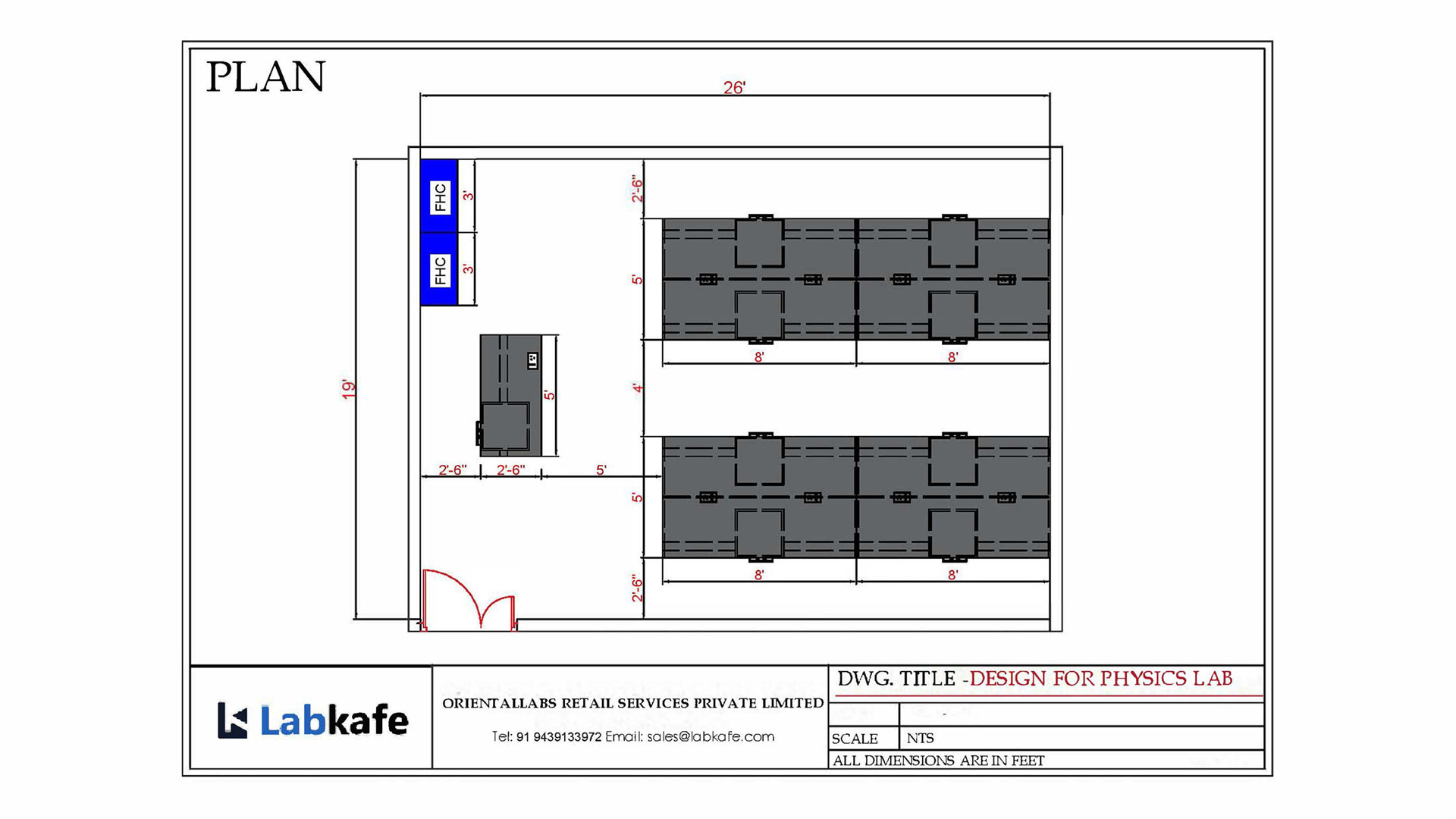
When Labkafe’s team starts the process of setting up a laboratory in an institution, our team sharply measures the dimensions of the room and notes its shape. We design the furniture as befits the room and we show the customer the design for approval. Every possible furniture you need in the room goes into this preliminary design like workbenches, tables, stools, storage cabinets etc.
4. Student Capacity
You need the best utilization of space in your laboratory and so your lab furniture setup should be optimized to accommodate as many students as possible in the given space without causing congestion. There should be clear ways for traffic in the lab around the furniture and other equipment. Also, there should be space for the teacher or lab instructor and any assistants.
You should target to manage your laboratory crowd efficiently. Too few students will be a wastage of resources, and too many students will make it impossible to reach everyone. For schools, 30-40 students in a room are considered optimum. A lab workbench from labkafe would generally cater to 3-4 students each side.
5. Product Quality
You need to be sure that you are getting your money’s worth when you are buying anything, right? Buying lab furniture is no different. There are ways to check the quality of every type of furniture you order ‒ we will go into the details shortly.
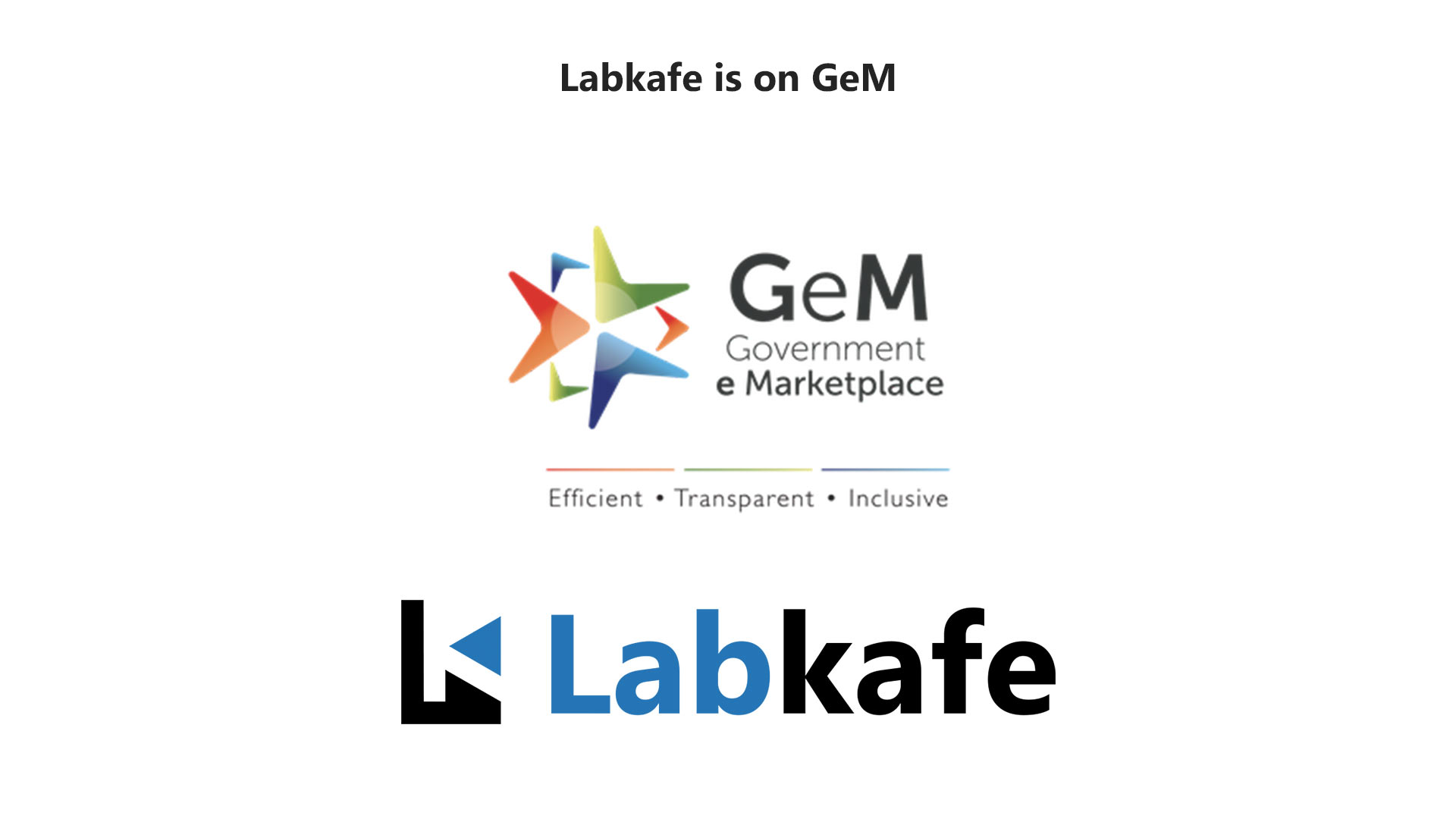
Being sure of quality automatically can be in effect in some cases. For example, if you are buying your lab equipment and furniture from a reputed brand like Labkafe, you won’t have to ask twice. Also, if you are buying from an authority portal like the Government e-Marketplace (GeM) , then you can be sure about the quality through manual processing as well. To know how to be assured about the quality of products on GeM, please consult Labkafe’s GeM Handbook .
6. Plumbing & Electrical
Most lab furniture will have some sort of utility connection to it ‒ electric, water, LPG, hydrogen, helium, etc. Labkafe furniture will come with all the connectors you need on the furniture ‒ but you need to connect them to your supplies.
Labkafe’s installation engineers will be glad to help you figure out how to route lines through and around the furniture. Obviously, you cannot just leave them on the floor ‒ exposed utility lines are a serious hazard. Imagine a kid accidentally splitting open a power line!
Get our lab furniture catalog here!
Lab Furniture Product Quality
Each type of product has their own quality checks. You need to be sure that you are getting everything you ordered and needed in any given furniture. For this, you should be acquainted with each type of product most laboratories need. Since they are the most common lab furniture, we will start with lab tables or workbenches.
Lab Workbenches
A lab workbench is a complex table or bench on which various experiments and procedures are performed. They need to be fairly strong and impervious to most types of corrosive and other damages you can expect in a laboratory environment.
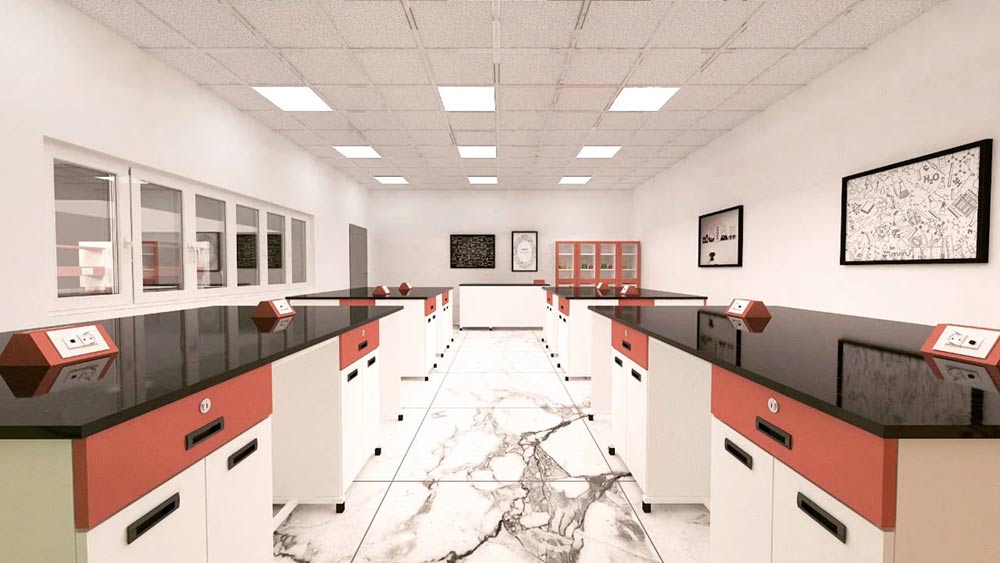
Labkafe provides two kinds of lab tables or workbenches ‒ island and wall-facing. The island type of lab workbench sits alone in the room away from walls, while the wall-facing ones stand flush to walls. Both types have spacing around them for utility connections.
Note: you can set up island type of workbenches in rows against a wall with one short side flush to the wall. This can be effective in utilizing space in a rather narrow room.
The island-type workbenches we provide are 8 feet long and 5 feet wide. Their wall-facing counterparts are the same in length but are half in width.
Body Material & Finish
The bodies of lab workbenches are generally made of two types of materials:
MDF (Medium Density Fibreboard) ‒ This is generally used in most interior decoration work in making modular furniture. They come quite cheap, but their usefulness ends about there. MDF is not as strong as CRCA, and it can catch fire or get corroded pretty easily. What’s more, they cannot be powder-coated.
CRCA (Cold Rolled & Close Annealed) ‒ this is the best quality of material you can utilize in making any kind of furniture when you are not worried about moving them around. Labkafe uses 1mm (18-20 gauge) CRCA plates to manufacture our lab tables, which is much stronger than normal steel of that thickness. Using this is recommended.
Before you ask, yes, the finishing on the body matters. The color you will see on our lab furniture is not simple paint. We provide a specialized powder coating (about 60-70 microns thick), that protects the body of the lab workbenches from the corrosive nature of air in a laboratory. This powder can be colored, but due to the nature of it, only a few selected colors are available. You can generally choose from white, navy blue, maroon, lime green, and orange.
Table Top
The top of the table is where all the action happens. So, we recommend making the tabletop of simple black granite. It is by far the most inert but very strong material naturally available. We make it even more impervious to deterioration by polishing the lab table top surface with a chemical-resistant coating.
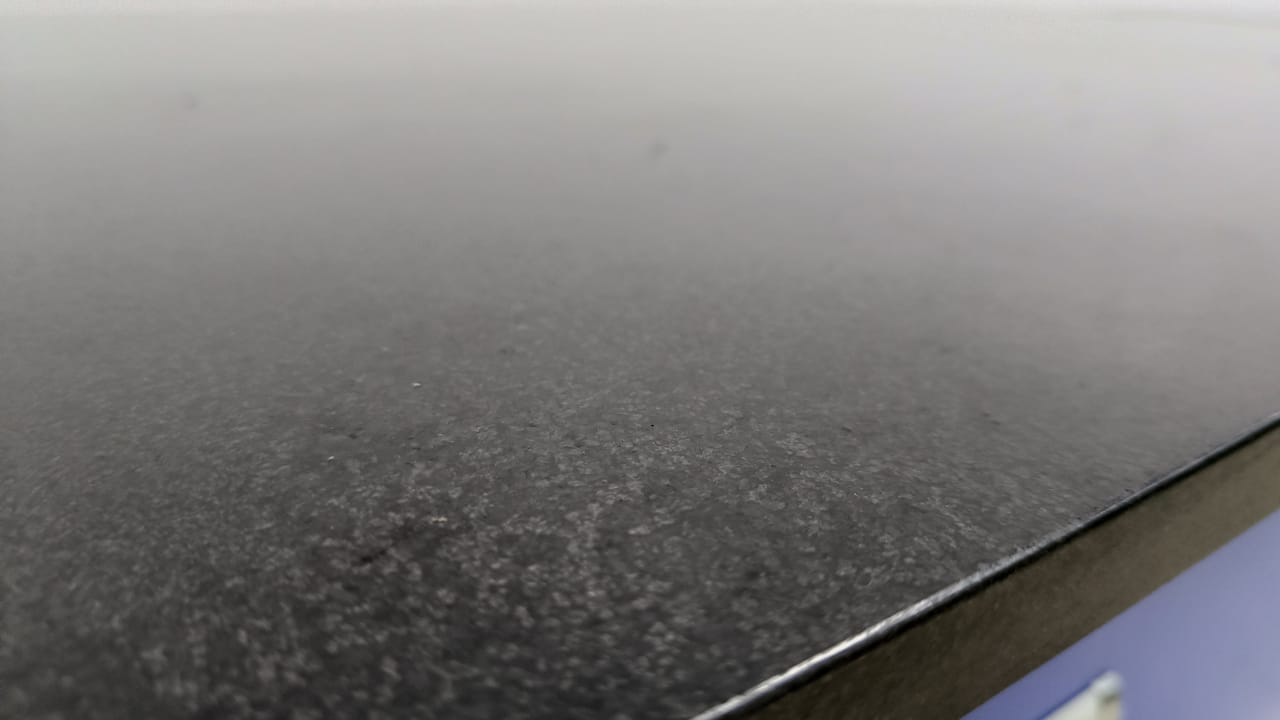
There should be some utility on top of the table embedded in it, as follows:
- Sink ‒ wet labs need one sink for every 4-5 users, and so it is embedded in the top table. The sink should be made of polypropylene so that it doesn’t react to acids and other substances. It should also have a three-way or single faucet (brass with the same powder coating as above), with a grooved narrow mouth to easily attach pipes.
- Reagent Rack ‒ Useful in chemistry and biology laboratories, the reagent rack is used to hold various glassware in them. It should be made from the same material as the body of the workbench.
- Electrical Raceway ‒ Mostly useful in physics and robotics labs, they are basically raised power outlets. You can always specify how many and of what type you require.
As always, Labkafe provides only the most durable fittings from top reputed brands as table top fittings. Regardless of workbench type or position (island or wall-facing), we can incorporate any fittings you need on top of the tables.
Under Storage
Most of the equipment and apparatus you work with, and some heavy bottles, etc. are best stored right under the workbench where you work. So, under-storage in lab tables is very important and we’re discussing them here instead of in the Storage section.
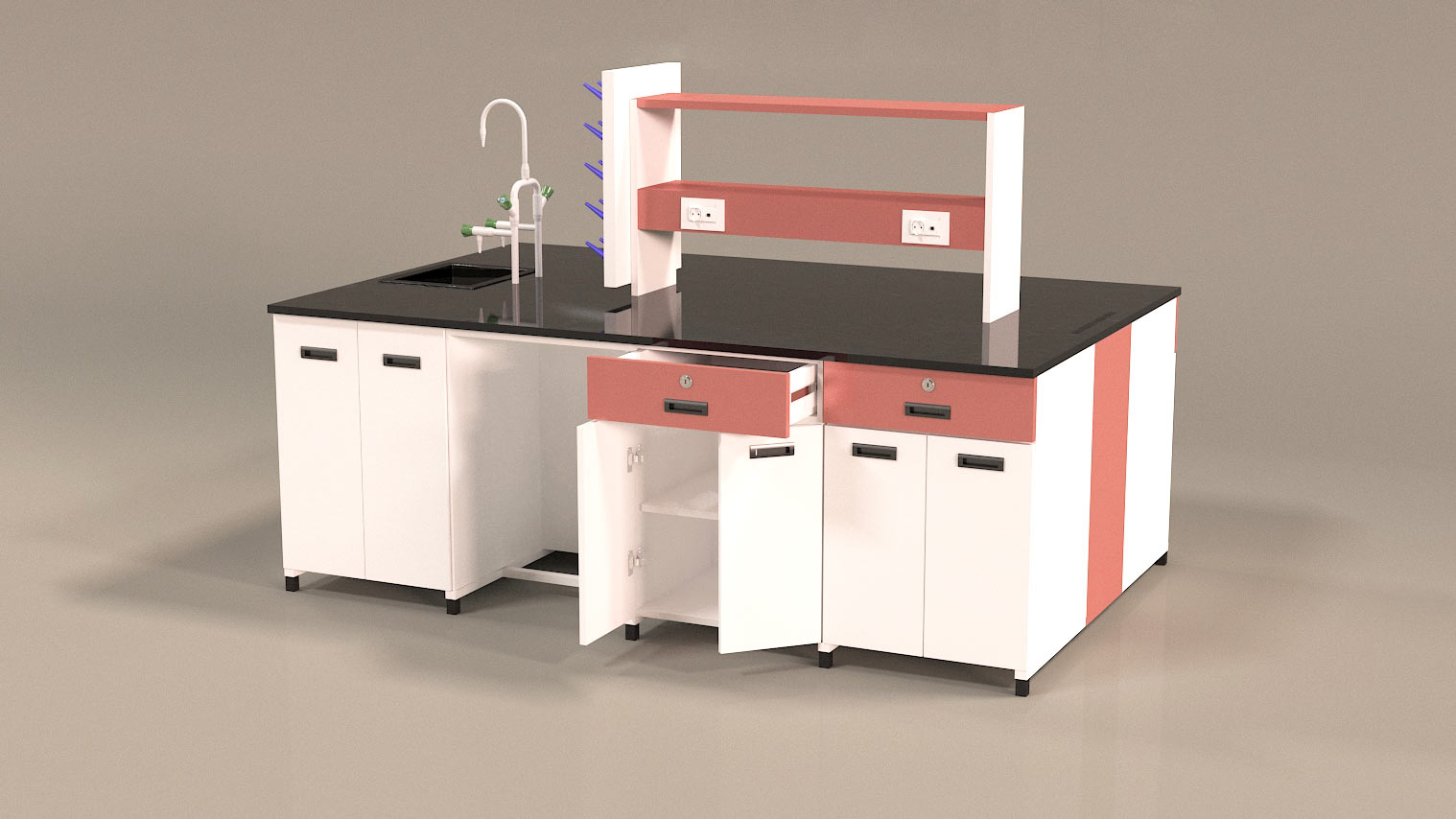
Labkafe workbenches come with three types of understorages:
- 3D ‒ three drawers vertically stacked. Handy for storing small and light equipment, or paperwork.
- 1D2S ‒ one wide drawer on top of a cabinet with two shutters. The cabinet will have one adjustable/removable shelf.
- 2S ‒ One tall cabinet with two shutters. It will have one or two adjustable/removable shelves.
Under the sink, there can be a dwarfed 2S type of cabinet with an optional shelf.
The above is a description of storage for each workspace in each table. Since there can be 3 to 4 workspaces (for 3-4 students) in each table, you can mix and match the storage configuration you want. For example, you can make all four spaces have 2S cabinets, or you can have the two side spaces have 1D2S types of storage and keep the center two spaces empty (with just a footbar).
Fume Hoods
A Fume Hood is a special kind of protective lab workbench for a single person. It is basically a large hollow box mounted on top of a lab table. The front of the box is open and is protected by a glass pane shutter that you can pull up and down (the glass is toughened and shatterproof). The box has exhaust vents to suck out the air inside it to filters mounted away, and has all sorts of utility connections (LPG, electricity, various gases etc).
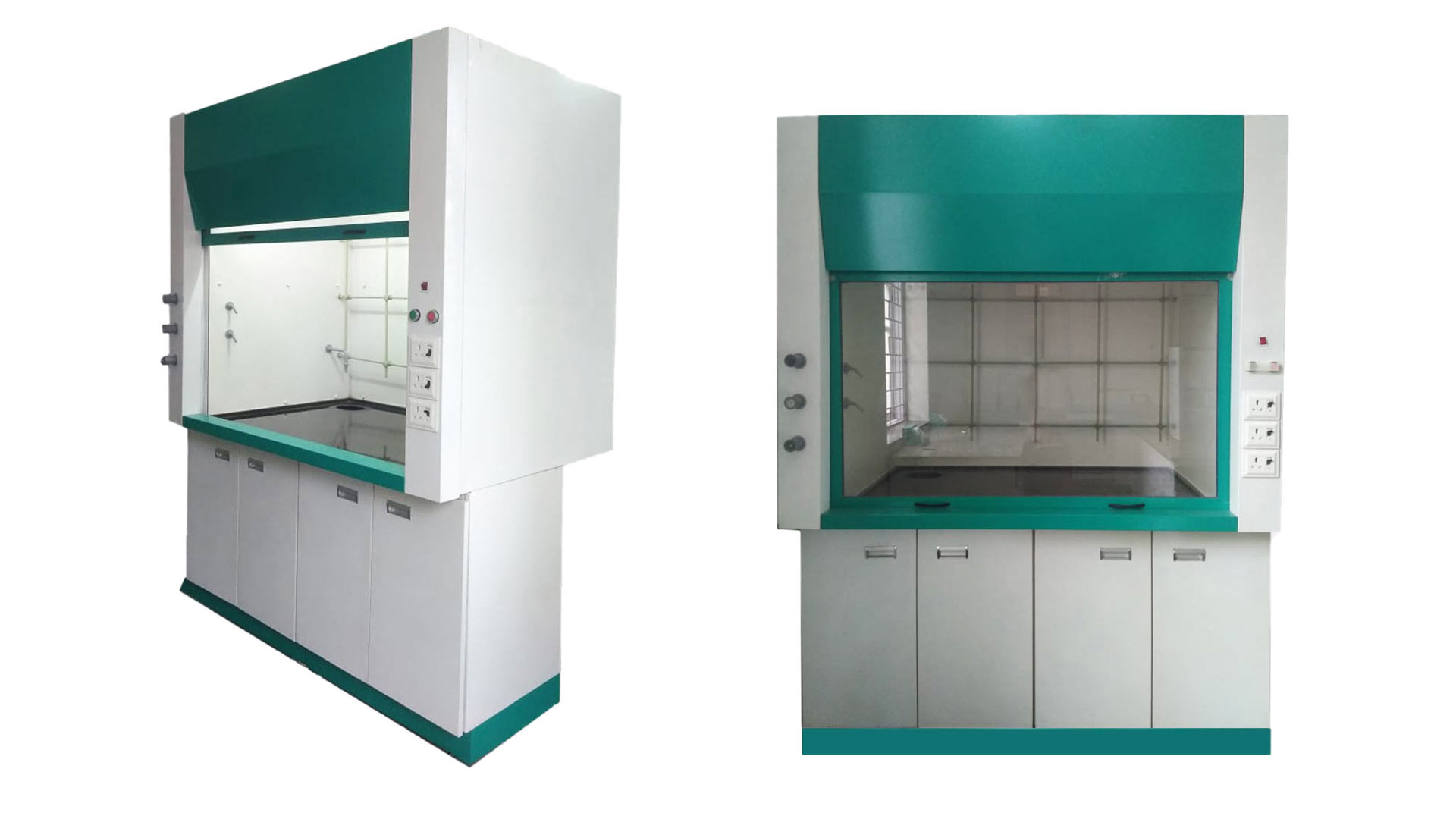
This type of workbench is used to perform dangerous experiments that can cause explosions, splashes, or dangerous gases. It is an expensive piece of equipment and schools rarely need it, but university labs will generally have one or two. If you need one, make sure to consider placing it first in the most convenient location, and then planning other furniture around it.
Storage Solutions
For most laboratories, there are two options to have storage solutions ‒ overhead cabinets and tall almirahs. From Labkafe, you have the following type of products serving these purposes.
Full-Height Cabinets
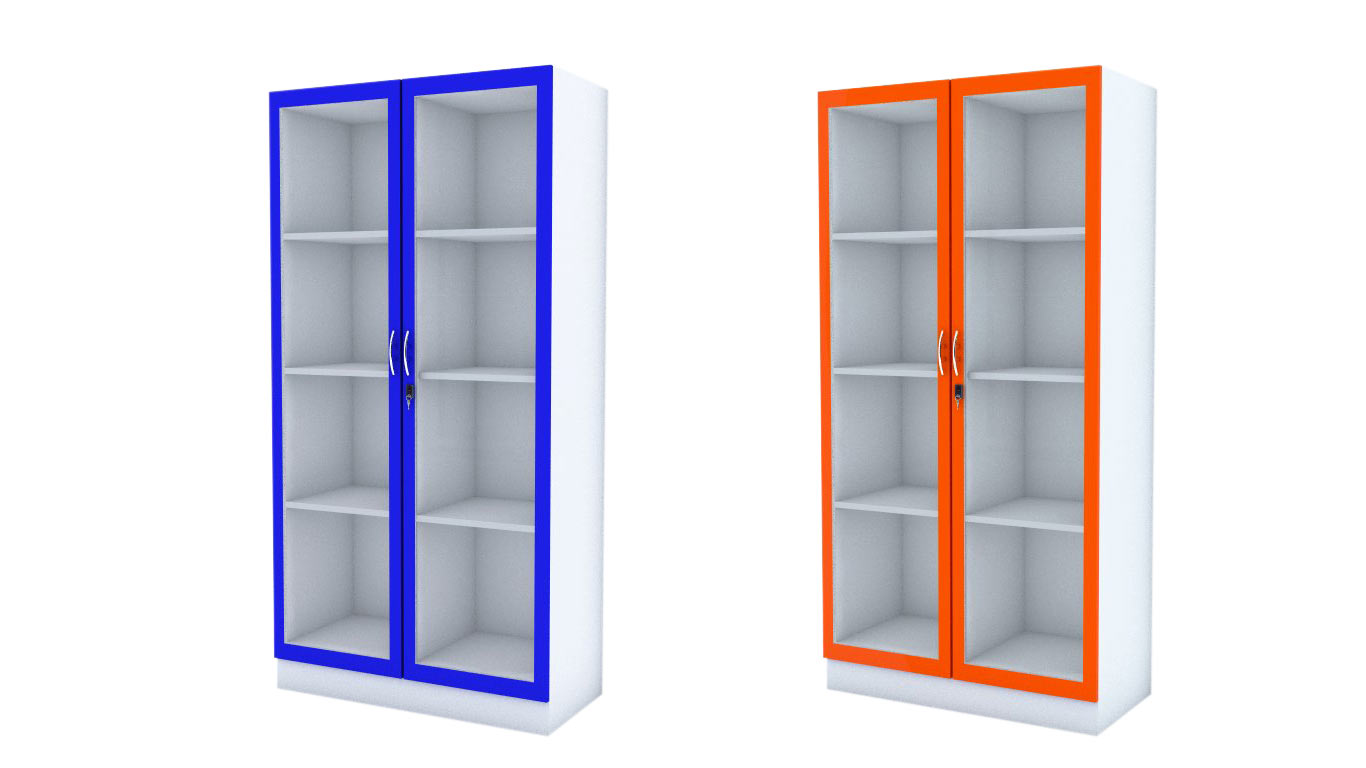
They are 6 feet tall and 3 feet wide, standing against walls and holding most of your equipment and apparatus. One-and-a half feet deep, they can have 3 shelves creating four compartments to give you huge space to store all your goodies. They can have solid shutters, glass shutters ‒ or even a hybrid of them.
Overhead Cabinets
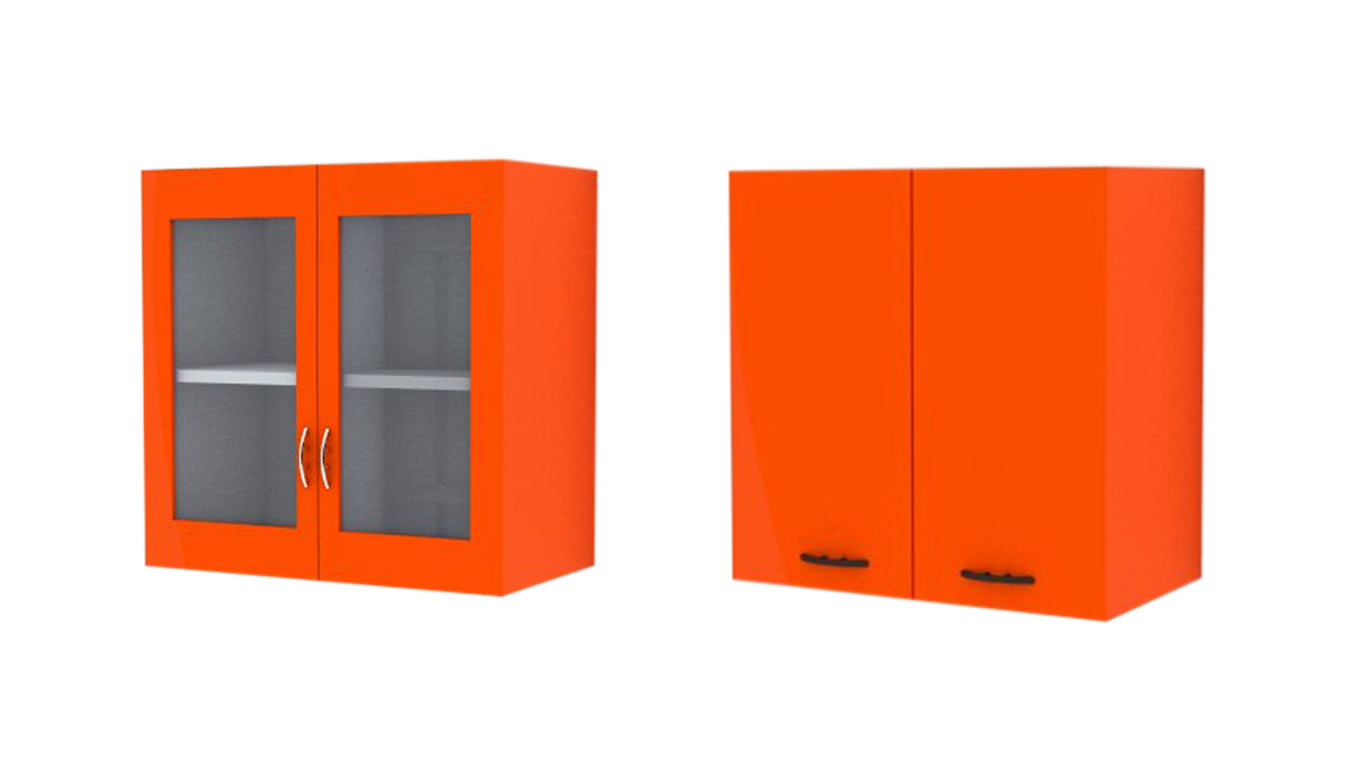
Though smaller in size, their convenience makes them almost indispensable in laboratories. Overhead cabinets are placed ‒ you guessed it ‒ over the lab tables on the walls, for easy access to equipment and glassware and supplies. With a depth of 1’4”, they are generally 2 feet wide and the same tall. They’re great for storing small and light goods ‒ but don’t put heavy stuff in them.
Chemical Cabinets
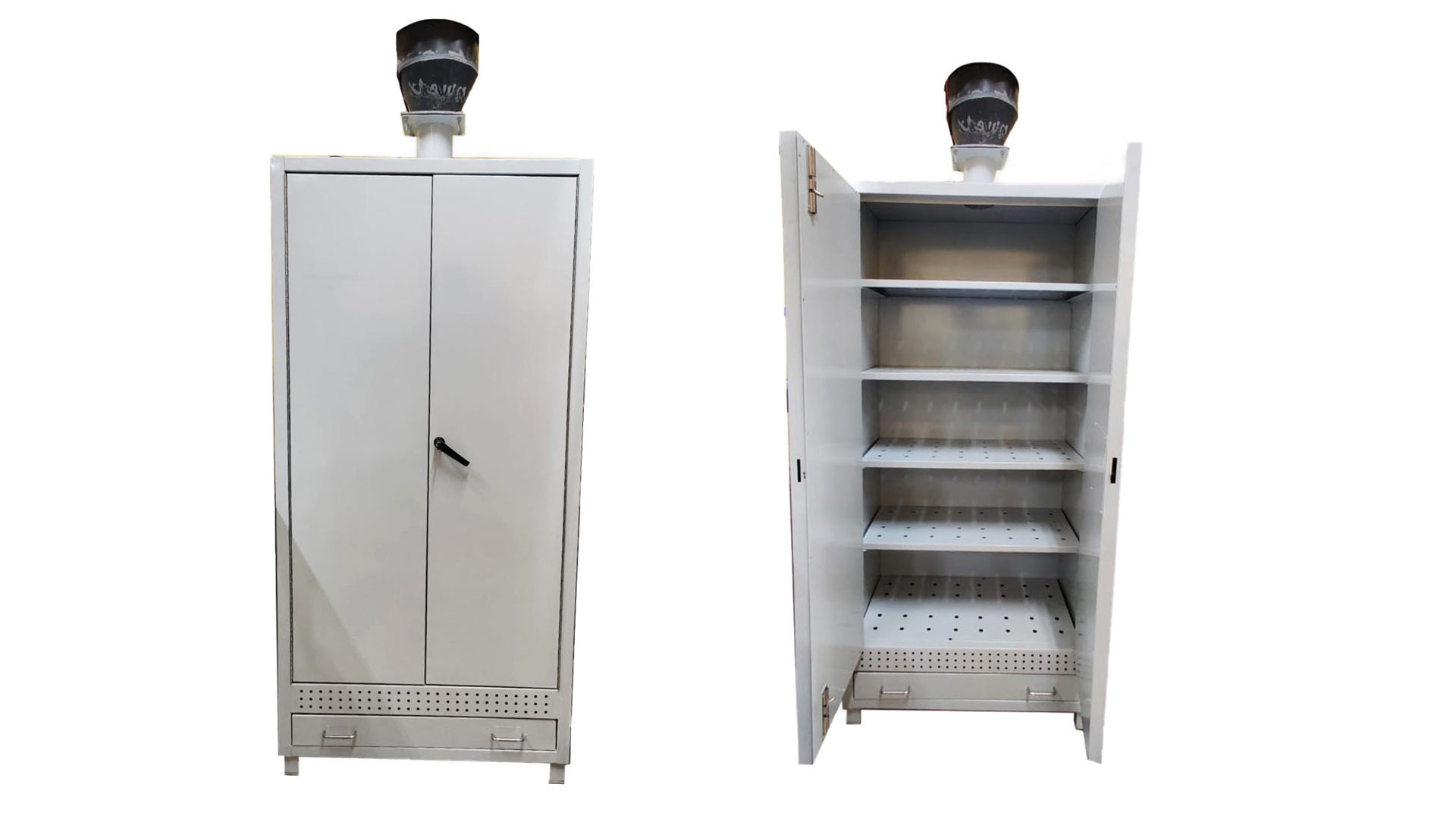
These specialized cabinets are more or less as big as the Full-Height Cabinets, but with a specialty to them. First of all their insides are coated specially so that chemical substances do not harm them. Secondly, they have in-built exhaust fans that suck out fumes and gases out of the cabinet. Chemical cabinets are mandatory in laboratories where you will have to store large amounts of harmful substances.
Slotted Angle Racks
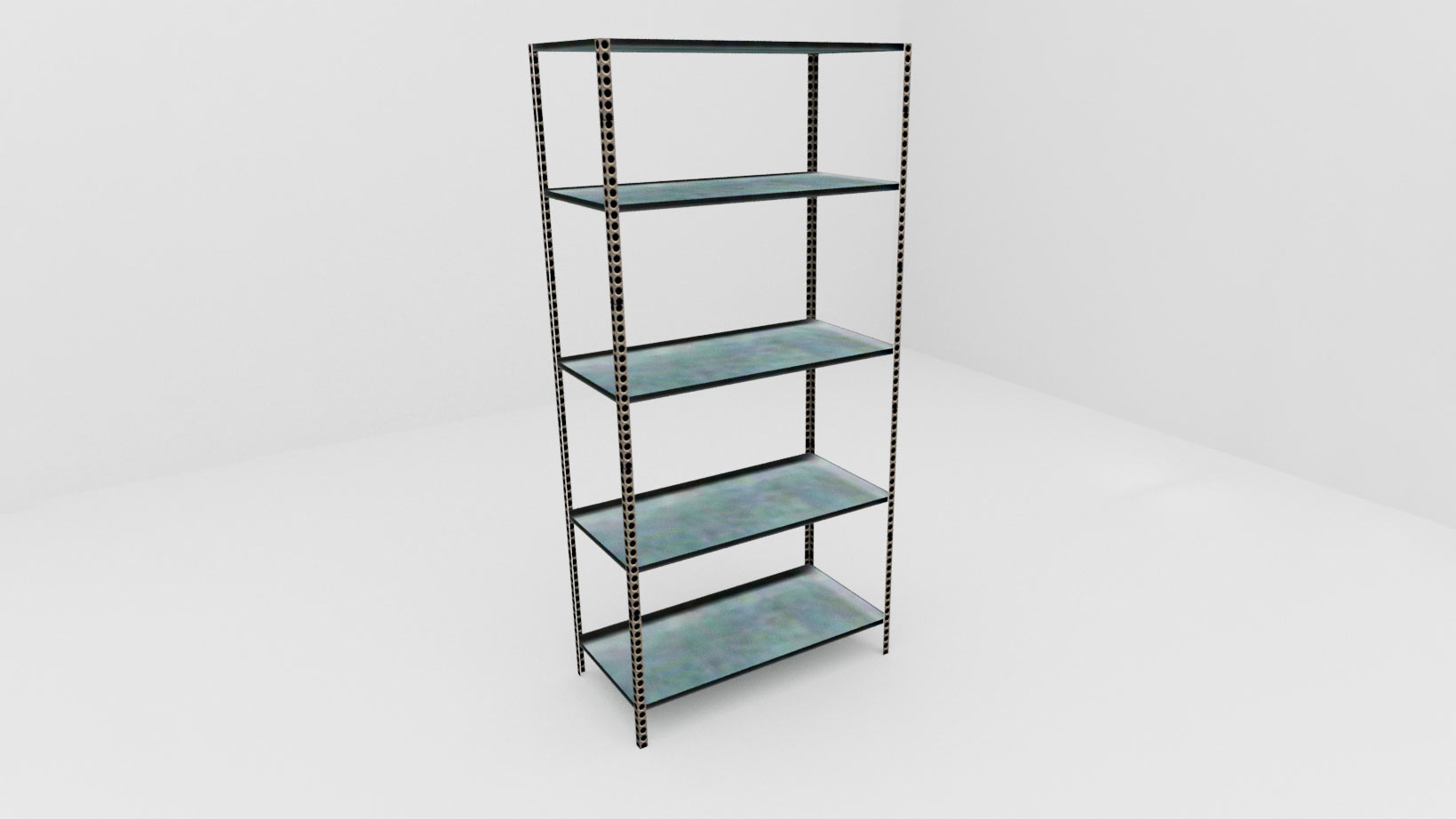
They are your basic all-purpose sturdy metal shelves, holding all kinds of rough and heavy stuff. With a dimension of 3’×1’6”×6’, they are good for storing everything from books to big files to heavy glass apparatus and even tools.
Filing Cabinets
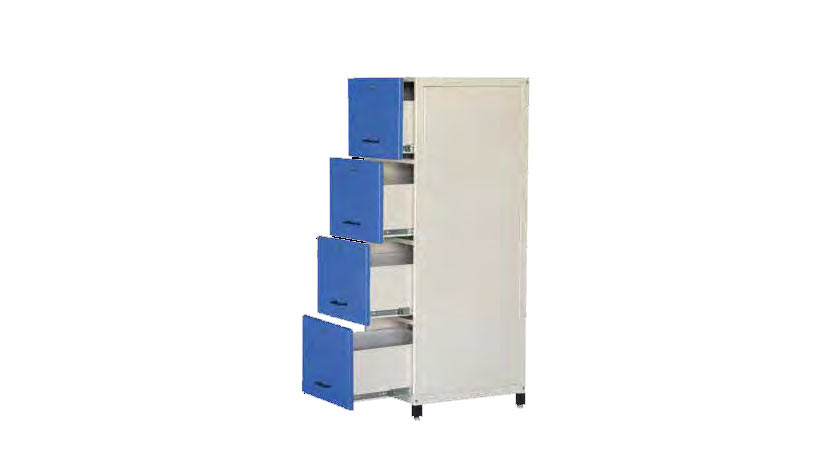
Laboratories aren’t all fun experiments ‒ they tend to have a fair amount of paperwork as well, don’t they? What better way to store all your big, important files efficiently than a proper filing cabinet. They are sturdy and large enough to hold various paperwork in a categorized manner.
Accessories and Others
Other types of furniture that your laboratory may need are:
- Eyewash faucets ‒ they are very handy if something has gotten into your eyes.
- Peg Board ‒ this is great for drying out small lab glassware.
- Emergency shower ‒ if a student gets splashed by some harmful substance.
- Fume spot extractor ‒ a maneuverable funnel sucking harmful gases off a spot.
- Anti-vibration Table ‒ used to do extremely delicate measurements or experiments.
- Teacher’s Table ‒ the lab instructor should have a desk, no?
- Demo Table ‒ a small, one-man lab workbench used for demonstrations before the class.
- Prep Table ‒ a simple table for use by the lab assistant.
- Robotics Workbench ‒ a lab table with a movable under-storage and raised edges so that small machine parts don’t roll off the side.
- Display Table ‒ a glass-covered light table for displaying specimens in the geography or biology labs. Generally placed under good lighting.
- Math Lab Table ‒ a hexagonal table standing on a central pedestal with small drawers on every edge.
- Lab stools ‒ to rest those little bottoms while the young scientists perform exciting experiments.
Points to Consider While Buying Lab Furniture
Flexibility
Your lab furniture vendor should be capable of fitting every shape and size of the available space. So, the furniture needs to be very customizable to fit every niche and corner of the room. Labkafe provides fully-customizable and configurable laboratory furniture that fits all types of rooms.
Quality
Determine whether the type of material you expect will stand up to the regular usage of your laboratory environment or not. There are conventional solutions, and then there are specialized solutions. Ask which will fit your needs most profitably, and look into the future as well.
Ergonomics
Being comfortable is important when you are supposed to pay attention to what’s happening in front of you. Choose the lab stools and chairs carefully, and judge the heights of the workbenches to make sure they suit the largest crowd.
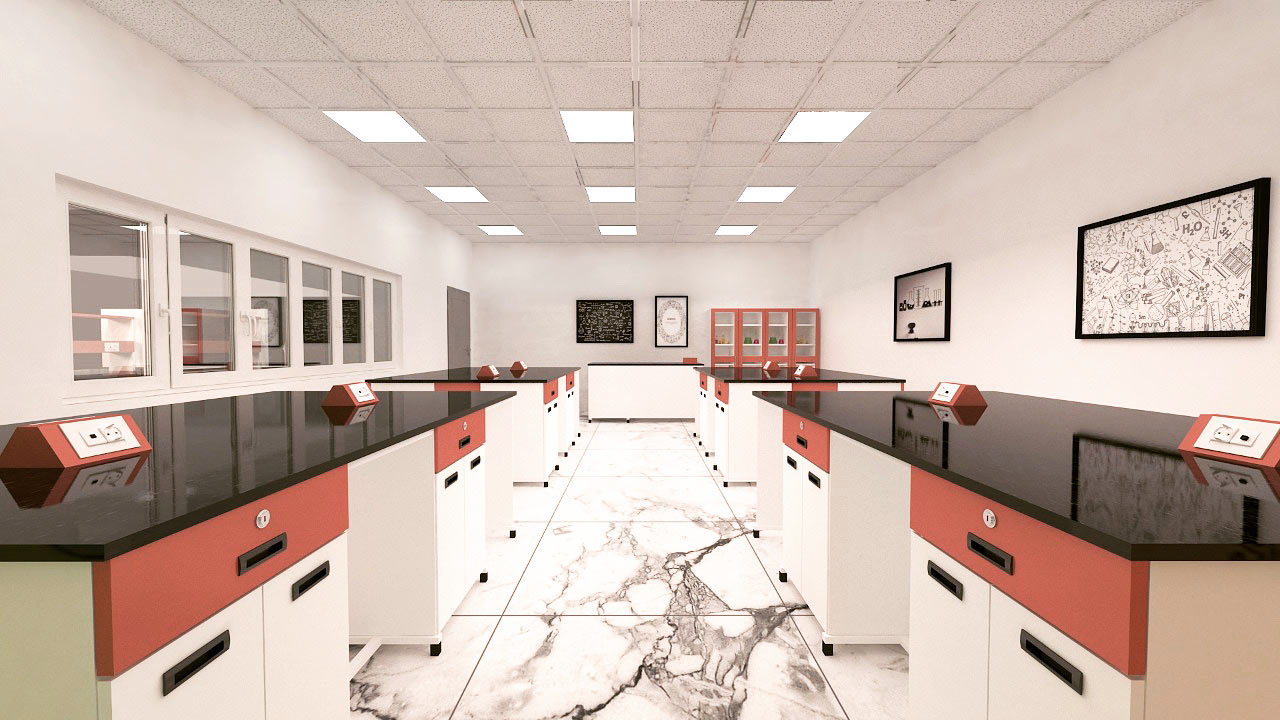
Maintenance
Let’s face reality ‒ your shiny new laboratory won’t remain new for long. The nature of work in laboratories is harmful to furniture and equipment materials in general, and young students don’t make their survival any easier. You need to plan ahead in terms of years while buying lab furniture. Identify key components that you will need to repair or replace.
Budget
Last but not the least, you cannot ignore the money! We all would naturally want the topmost quality for low prices, but one has to reach a compromise length at one point. Make sure that you do not compromise too much on quality to save much, or else you may face disasters in your laboratory. Labkafe provides the best quality lab furniture for the lowest prices in the industry.
The Bottom Line
Outfitting your institution’s laboratory is not a small matter. A lot of consideration must go into buying laboratory furniture. Our representatives can help you a lot in this difficult task ‒ you can just order and rest easy. Labkafe can help you in every step of the way ‒ from placing the order to installing it, getting the right lab furniture HSN codes, etc.
Get our lab furniture catalog here!
Labkafe is India’s finest lab furniture manufacturer and we have quality lab furniture for sale. We also provide best in business warranty and the most understanding aftersales care. And about trust ‒ well, our impressive portfolio speaks for itself! Surely, over a thousand institutes (over a hundred government agencies among them) can’t be wrong. Contact 91471 63562 today!
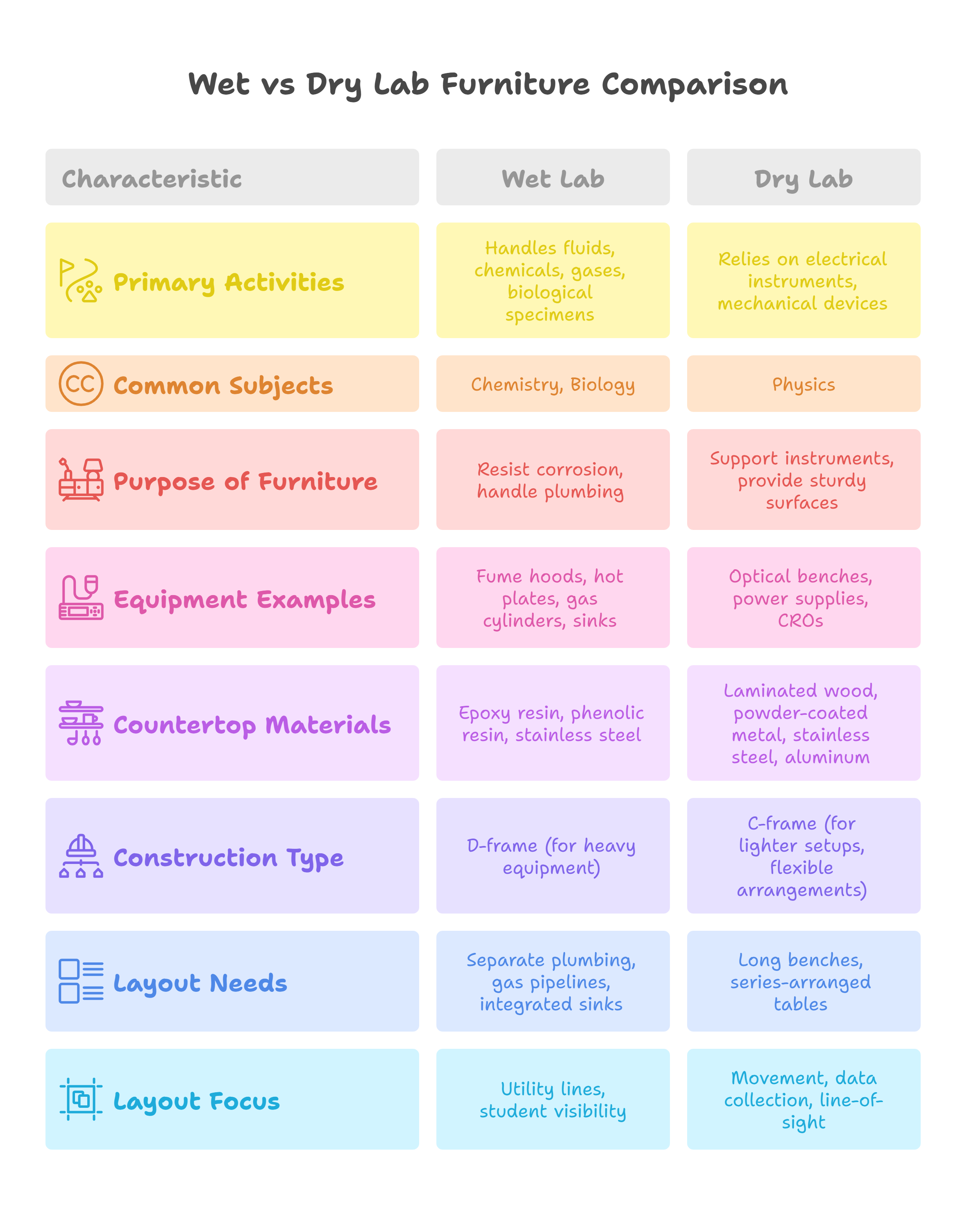
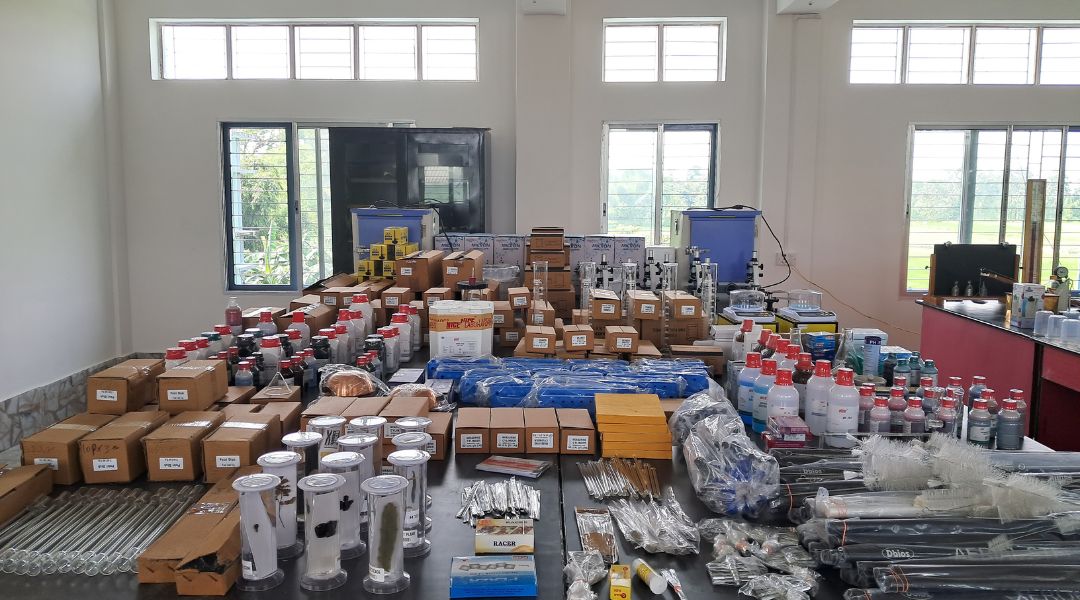
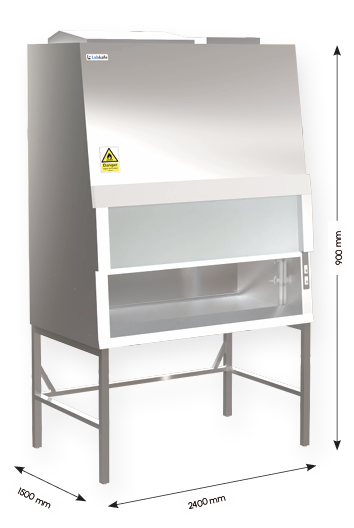
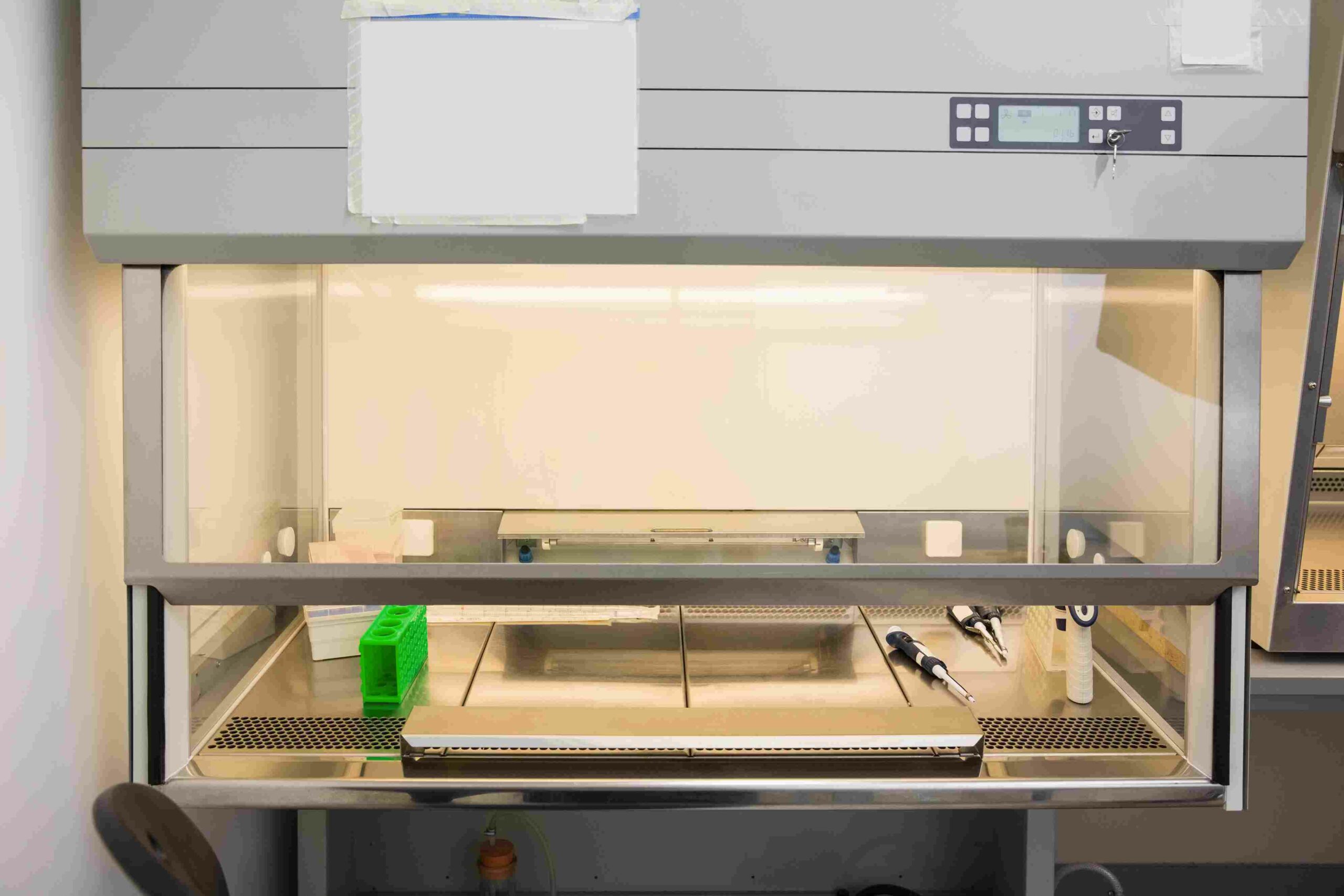
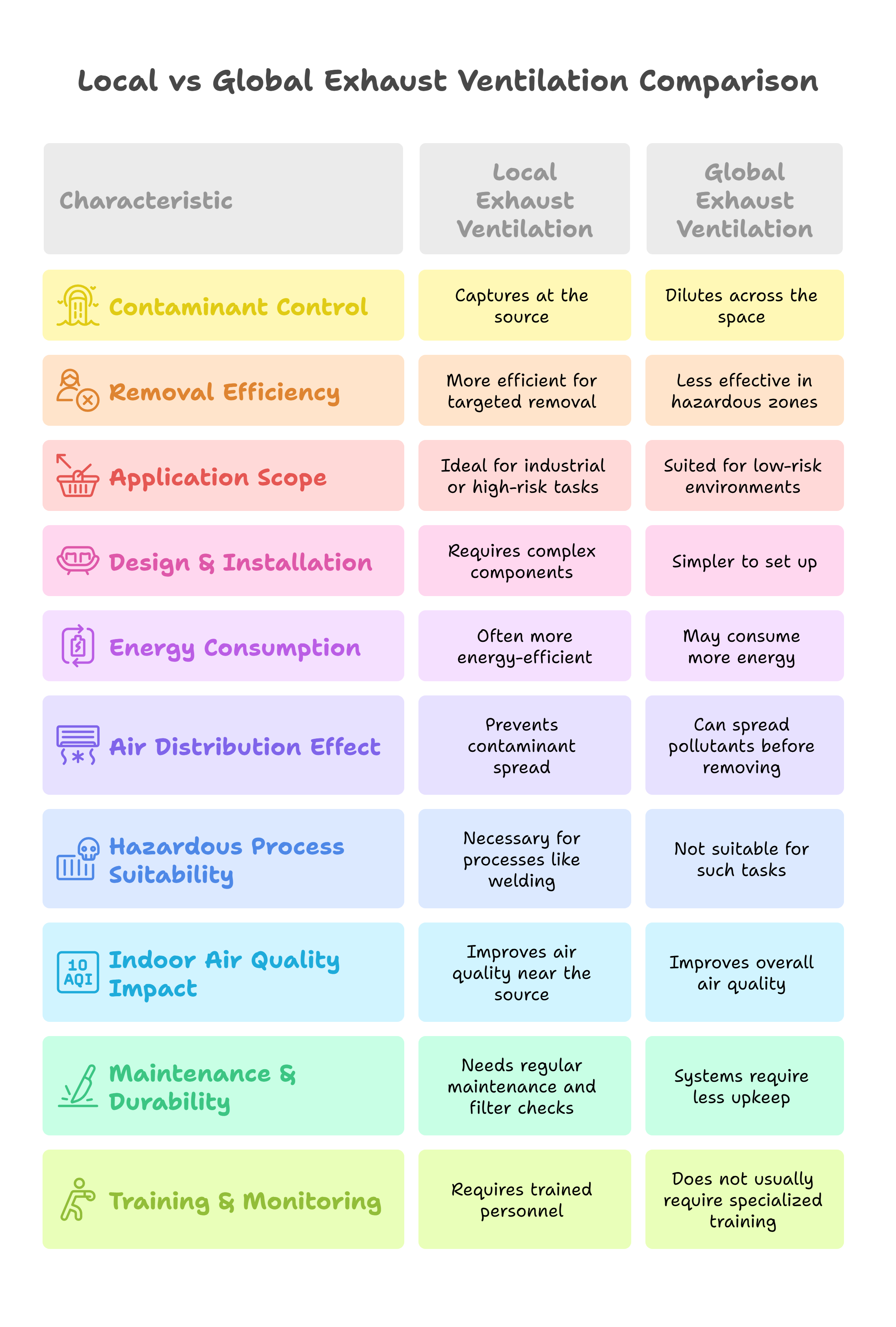
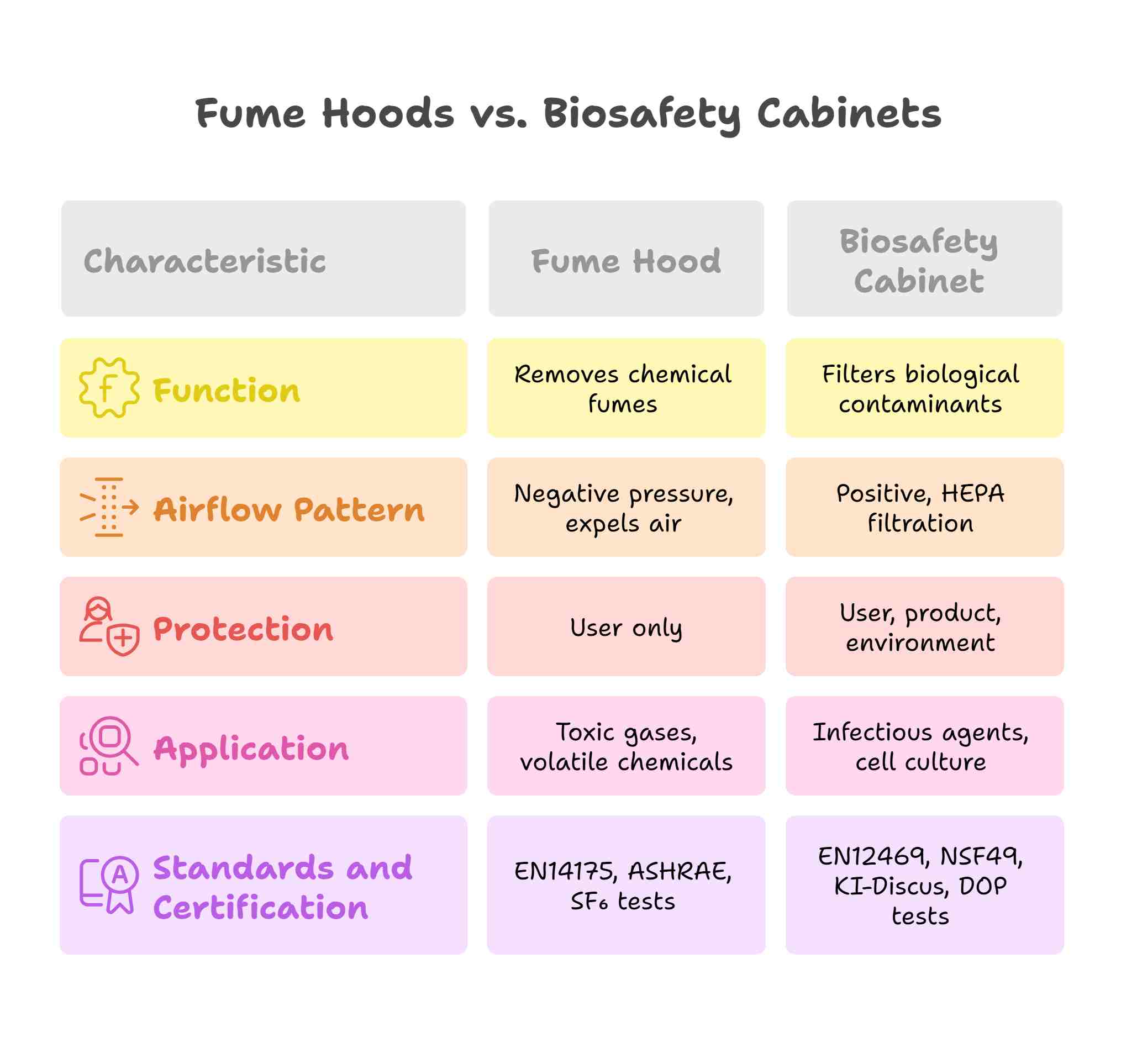
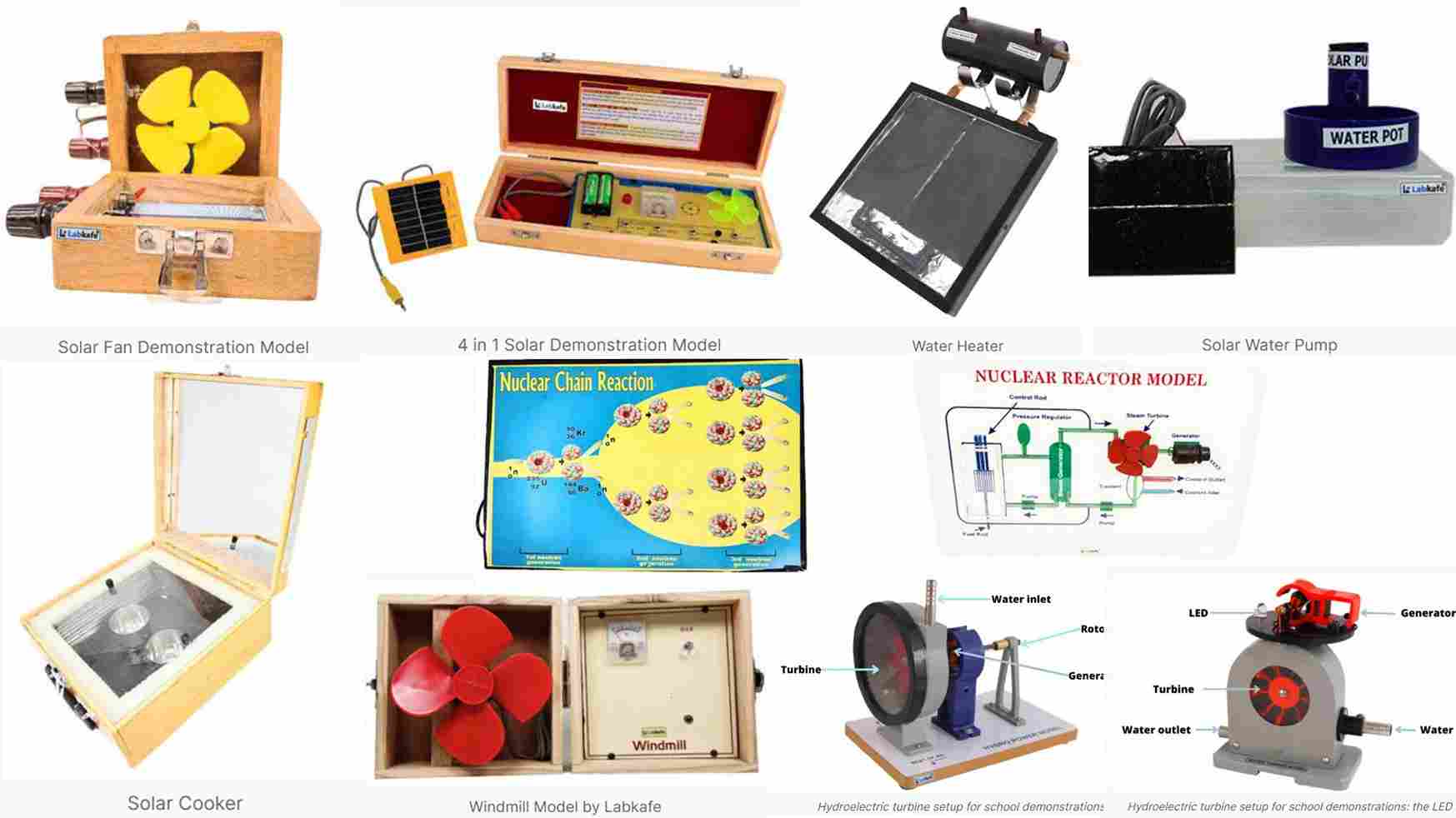
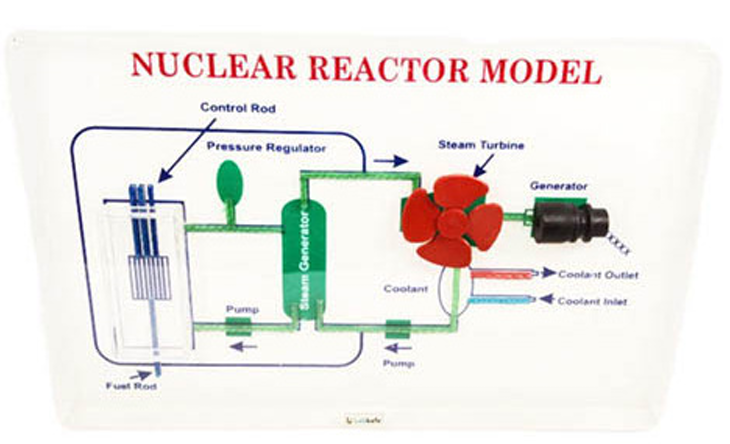
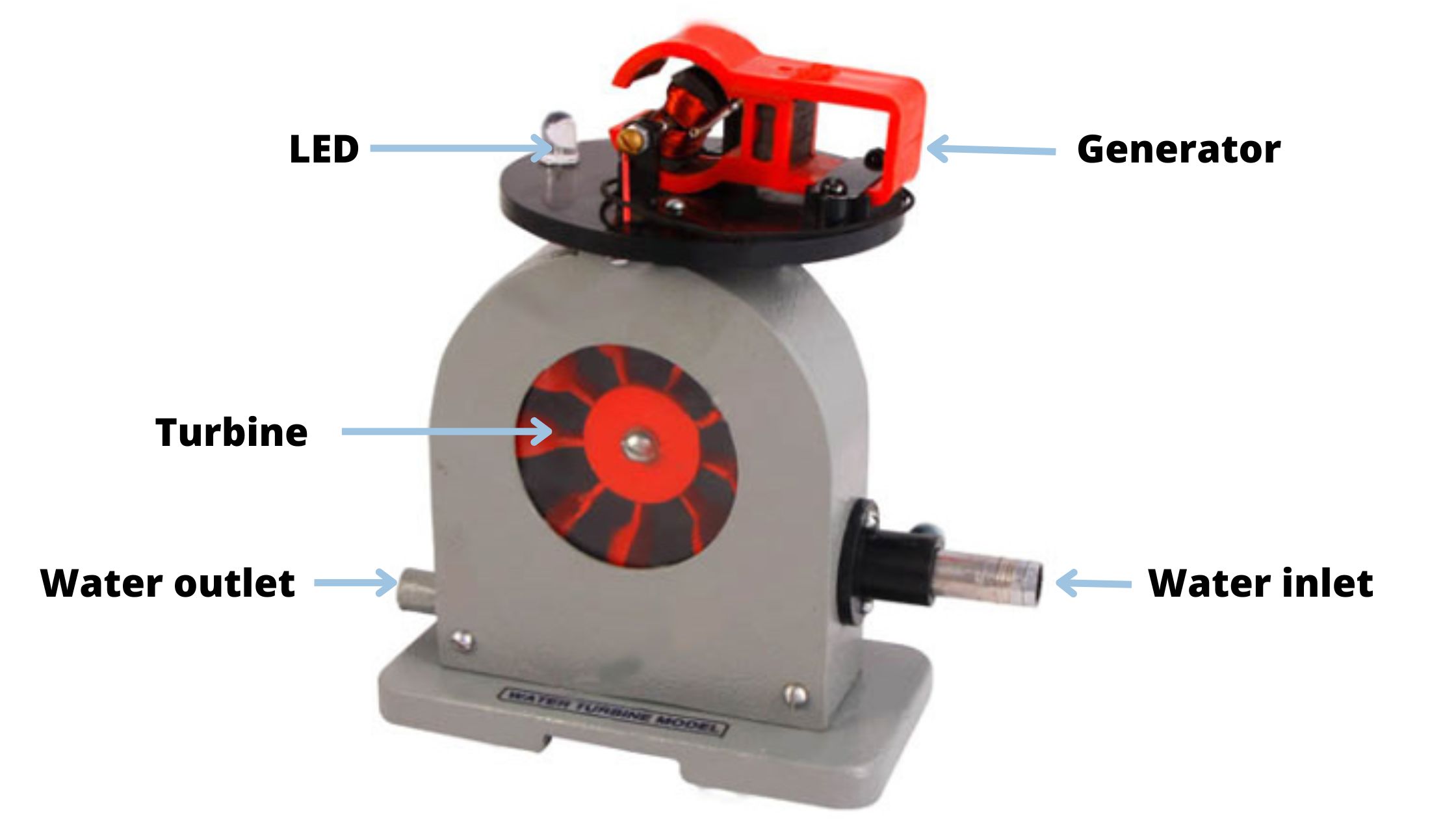
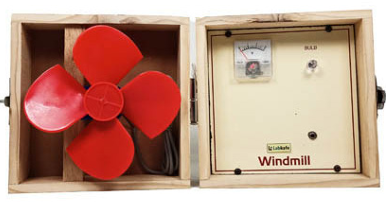

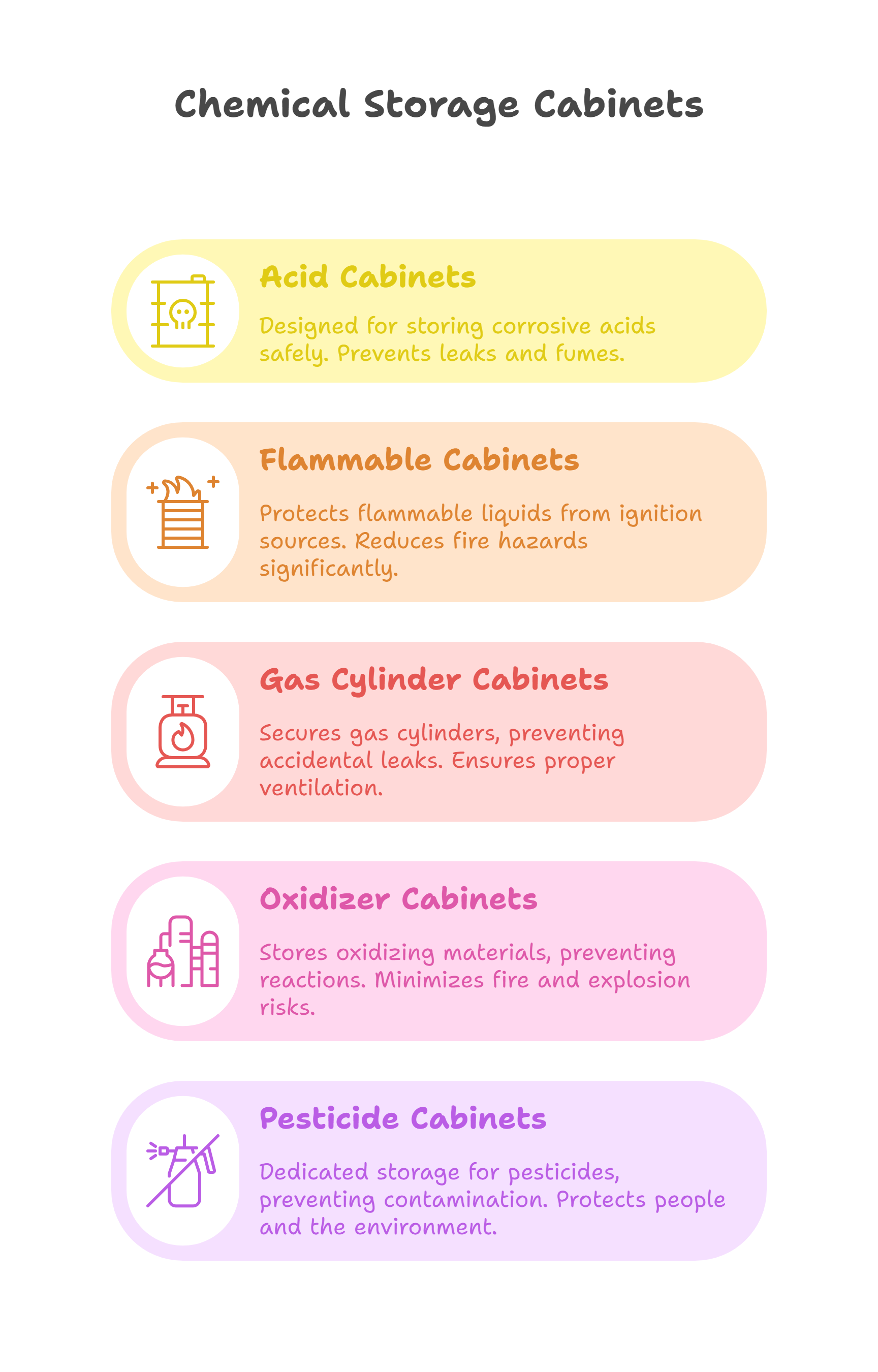
Leave a Reply